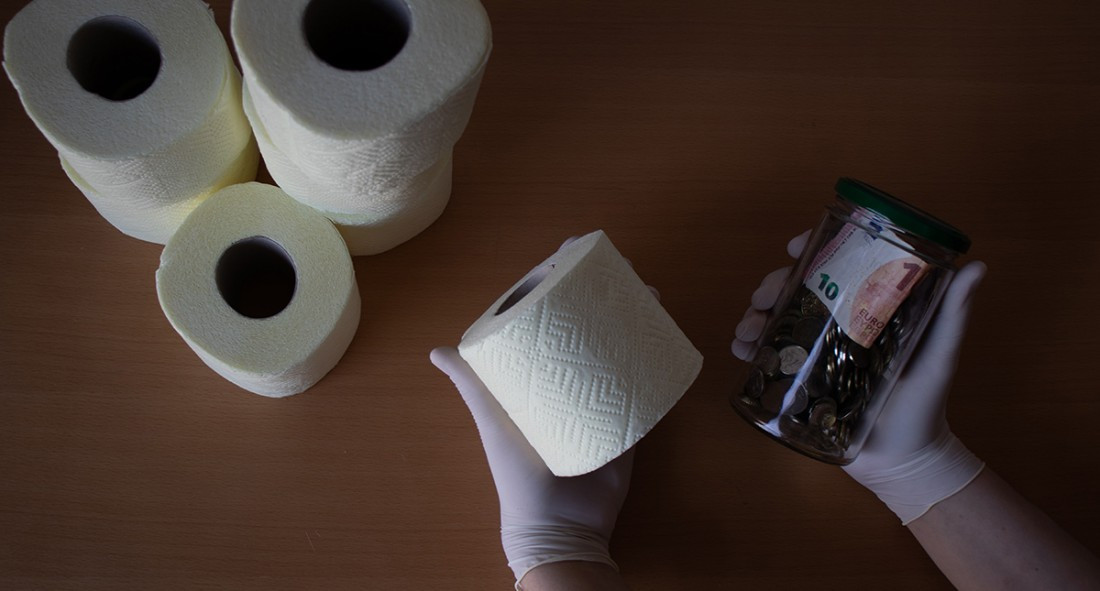COVID-19 proves Canada can afford basic income and housing for all
There could be a positive outcome at the end of the pandemic, but it’s not about personal productivity and achievement
Amid the flurry of information and misinformation and speculation that has saturated every online platform for the last couple weeks, there has been a thread of cringe-inducing positivity regarding the COVID-19 pandemic. It’s cringe-inducing because people are dying, because healthcare workers are being told to reuse masks, if they are “lucky” enough to have access to them at all, because those in vulnerable situations are being left behind, because of all the horrible reasons we see clogging our various feeds every minute of every day.
There is something egregious and offensive about trying to turn a global tragedy into an opportunity for self-improvement. It’s finally time to write that novel, whip your body into enviable shape with at-home workouts, master the culinary arts, etc.
While these are all lovely pursuits, some of which (*ahem “culinary arts”) I’m partaking in with gusto, this is a crisis, not a wellness retreat. I fear that, in the face of a world-altering crisis, the constant pursuit of productivity and individual betterment, which is ultimately the pursuit of material wealth, may obscure the real opportunity that is present here, which is to radically change the systems that govern our society.
Clearly, things haven’t been working, and while we know that capitalism inherently values profit over all else (primarily, human and animal lives and the environment) this pandemic has made obvious how unjust our society is, while also proving that, in Canada, we have the capacity to create housing, provide a minimum income and help struggling artists and entrepreneurs.
The money exists (insofar as money ever really exists) to not only bail people out in this hard moment, but to ensure that, going forward, people don’t live in constant precarity, that the amount of money meted out for disability and EIA payments is shamefully insufficient, that EI should be easier to access, that, in fact, every person ought to have a guaranteed monthly income, which, at $2,000 per month, is a pittance compared to the money the government spends on big industry.
In between tales of hospitals flooded with bodies, borders closed and emergencies declared, there have been much-lauded moments of light: Venice canals running clear, pollution dissipating, the Earth having a chance to breathe. In an article for CBC, David Suzuki says “Can we establish a far more modest agenda for ourselves filled with reverence for the rest of creation? Or will we celebrate the passing of the pandemic with an orgy of consumption and a drive to get back to the way things were before the crisis?”
These questions are – once we are done panic-binging Tiger King and perfecting our bread-baking techniques – absolutely vital to consider if we are to harness the change that COVID-19 has necessitated. The system has broken, and, perhaps, if we step up and demand it, we can put it back together in a way that makes sense, that prioritizes the health and well-being of all who live here and of the Earth that sustains us.
Published in Volume 74, Number 24 of The Uniter (April 2, 2020)







